Health Professions Advising Program
Stein Hall 129A
P.O. Box PREMED
College of the Holy Cross
One College Street
Worcester, MA 01610
Phone: 508-793-2533
Email: healthprofessions@holycross.edu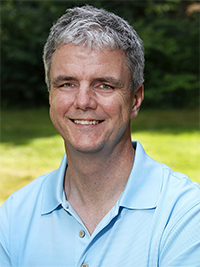 Health Professions Advisor and Chair of Committee
Health Professions Advisor and Chair of Committee
Miles Cahill, Ph.D.
Professor, Department of Economics and Accounting
College of the Holy Cross
Email: mcahill@holycross.edu
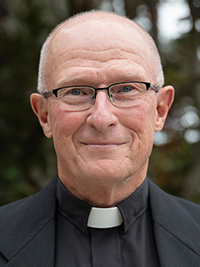 Associate Health Professions Advisor
Associate Health Professions Advisor
Keith Muccino, S.J., M.D.
E-mail: kmuccino@holycross.edu
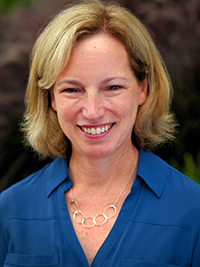 Associate Health Professions Advisor
Associate Health Professions Advisor
Kirsten Hagstrom, Ph.D.
Lecturer, Department of Biology
College of the Holy Cross
E-mail: khagstro@holycross.edu
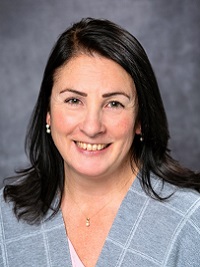 Health Professions Administrative Assistant
Health Professions Administrative Assistant
Nichole Neill
Phone: 508-793-2533
Email: nneill@holycross.edu
Admission to Health Professions Advising
There is no admissions restriction for enrolling in health professions advising at Holy Cross. Students may register with the office at any time after they arrive at the College by checking the Health Professions box on the first-year questionnaire at Gateways Orientation or sending an email after the start of fall classes to the Health Professions Advising Office. (There is no reason to do both!)
Appointments to speak with a health professions advisor can be made by completing this online form. The health professions advisors will help students select appropriate courses at Holy Cross (or if necessary at other colleges in Worcester) to complete medical or other health professions school admission requirements while at Holy Cross. Students enroll in required course work as part of the standard enrollment process. The College will make every effort to accommodate as many students as possible in the appropriate courses.
Health professions advising is not a major, minor, or concentration at Holy Cross. There are no graduation requirements and no notation on official transcripts. We provide advising for students seeking entry to graduate programs in a wide variety of health professions.
Support for Multiple Health Care Careers
While most of our students are focused on medical school, the committee also reviews applicants for dental and veterinary school.
The office also provides advising and support for students seeking to pursue careers in other health professions programs such as physical assistant, nurse practitioner, podiatry, physical therapy, optometry, doctor of pharmacy, public health, and others. We encourage all students to gain experience in multiple clinical environments to discern the career that best fits their talents, hearts and life goals.
An Education That Allows for Exploration and Flexibility
We have found that students with a wide variety of educational backgrounds have been successful in gaining admission to medical school. Once in graduate school they have found that their diverse backgrounds have been a strength rather than a weakness.
We encourage students to choose an academic program that resonates with them and focus on the quality of their overall educational experience rather than focus too narrowly on admission to medical or other health professions school. This is one reason why the Health Professions Advising Committee consists of faculty from a variety of disciplines.
We also urge students to consider taking advantage of the many educational opportunities offered at Holy Cross, Study Abroad, the Washington Semester, the College's interdisciplinary concentrations (e.g., Peace and Conflict Studies, Gender, Sexuality and Women’s Studies, etc.), academic internships at hospitals or research facilities in the Worcester area, and the Honors Program.

In addition to giving students the best possible science education in preparation for medicine and other health professions, Holy Cross strongly emphasizes the ethical and humanistic side of medical education. This focus on the humanistic side of medicine is not confined to the many classes in literature, philosophy, ethics, etc., that we offer our students or even the many service activities to which most of our students contribute; it also is present in the atmosphere that we attempt to create within the premedical and health professions preparation itself.
Strength of Our Sciences
Holy Cross has excellent science and mathematics departments that offer an outstanding undergraduate science education. The College has a higher percentage of science majors and a much higher percentage of graduates who have Ph.Ds in science than most major research universities.
We have modern laboratories that are well equipped with scientific instrumentation both for instruction and undergraduate research. Science courses are taught by full-time faculty, since our faculty members are committed to an undergraduate learning environment in which there is close contact between students and their professors.
Above and beyond the courses required for medical school, we offer excellent advanced science courses and numerous opportunities for undergraduate research. For instance, in most years more than half of our chemistry and biology majors participate in an undergraduate research project before they graduate. Most of the students who do undergraduate research will have their work published by the time they graduate.
The research opportunities include projects working with faculty on campus during the academic year for which students receive academic credit as well as externally funded projects during the summer. There are also many opportunities for our students to do research at UMass Medical School (which is three miles away and easily accessible) as well as Boston, Hartford, New York City, and other major medical centers.
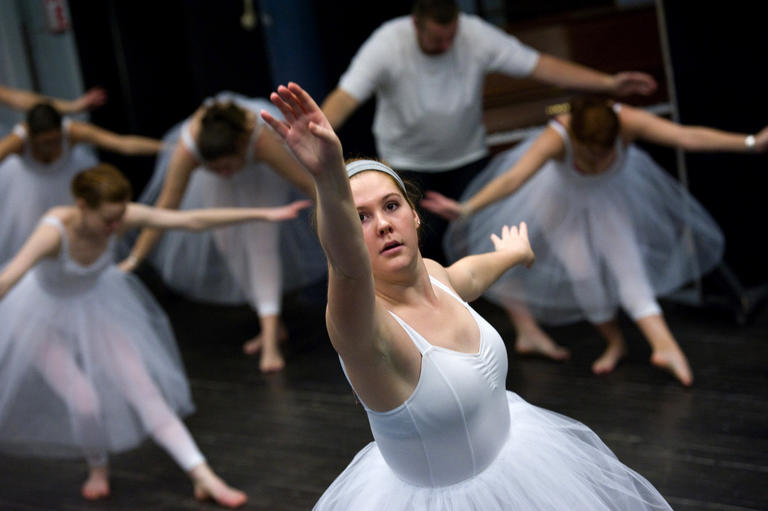
We have seen no evidence whatsoever that students who major in a non-science field are at any disadvantage compared to science majors when applying to even the top-ranked medical schools. Our students can major in any field and still gain admittance to medical school because our science programs are so strong. The introductory science courses required by all medical schools are well taught in relatively small sections by full-time faculty who are dedicated to undergraduate education. The science courses taken by health professions students are the same as those taken by science majors. Thus, students who have done reasonably well in only the basic required science courses can still handle the work in medical and other health professions schools.
Note for International Students
Unfortunately, it is extremely difficult for a non-permanent U.S. resident to gain entry into a U.S. medical school. The Association of American Medical Colleges reports that only 0.6% of the incoming class of medical students had a legal residency outside the U.S. and less than 10% of international applicants gained admission. With so many U.S. applicants and so few medical school and residency spots, foreign nationals are at a serious disadvantage given the time and expense needed to comply with U.S. immigration laws. International students are ineligible for federal financial aid and therefore must rely on the few medical schools with the internal resources to fund them. The few schools that do accept international students often require them to place 1-4 years of tuition and fees in escrow prior to enrollment.

